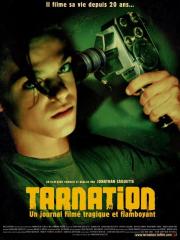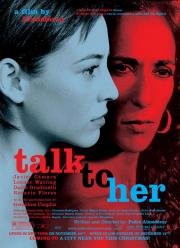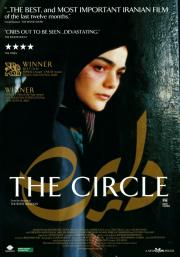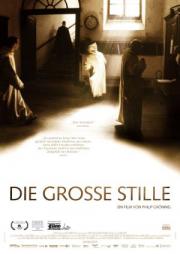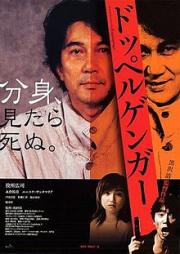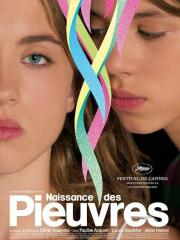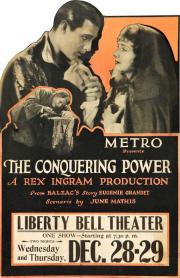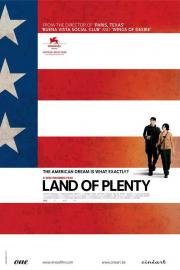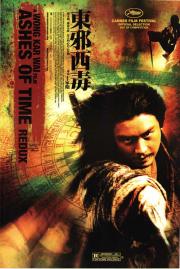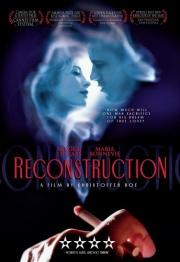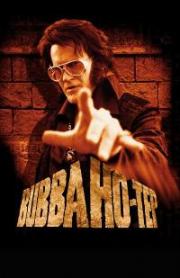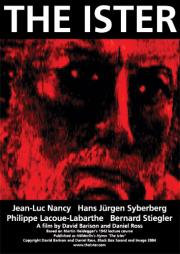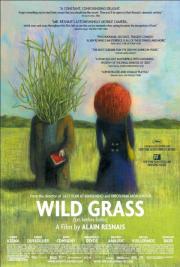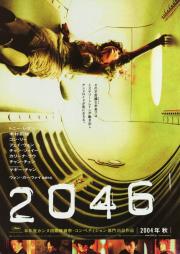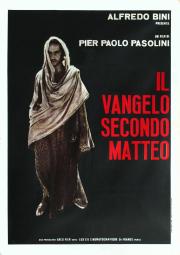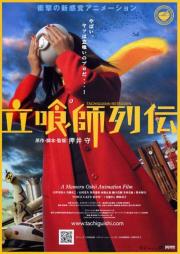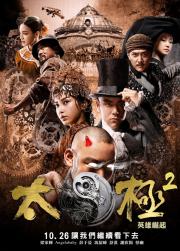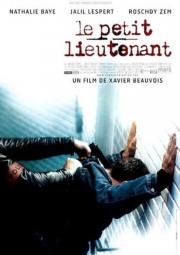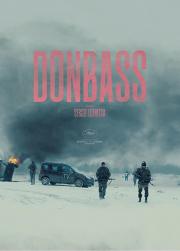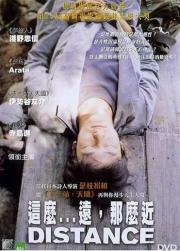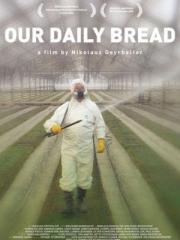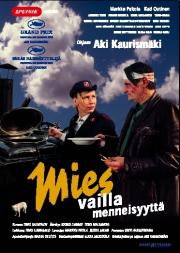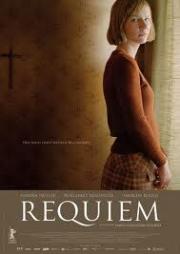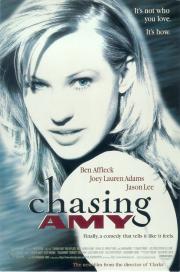Watch
Three Times
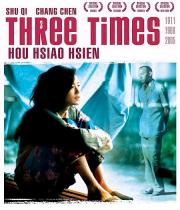
Three Times
2005
Romance
Drama
2h 0m
Three stories set in three times, 1911, 1966 and 2005. Two actors play the two main characters in each story. (imdb)
Directed by:
Your probable score
?
Three Times
2005
Romance
Drama
2h 0m
Your probable score
Avg Percentile 61.35% from 364 total ratings
Ratings & Reviews
(364)
Compact view
Compact view
Show
Sort
Rated 17 Feb 2011
30
5th
Minimalist cinema without any sense of direction to it, all three segments never getting close to the emotions they pretend to have, the first failing to be a Wong Kar-Wai creation badly and the second with an arbitrary use of silent movie captions that undermines what little effect the whole work had. The entire thing feels like a luxury box of chocolates that's completely empty.
Rated 17 Feb 2011
Rated 07 Feb 2007
72
41st
Highly conceptual, like a Kieslowski film or a Calvino novel. The same two actors play different couples in three separate stories: different time periods, in different stages of a relationship. The first is the best, then they get progressively less satisfying. What saves Three Times from a lower score is the gorgeous imagery.
Rated 07 Feb 2007
Rated 23 Jan 2010
55
21st
Though, the first segment is easily an 89
Rated 23 Jan 2010
Rated 02 Aug 2023
40
6th
Dull, pretentious to the point of parody – there is no thematic or emotional resonances to link the stories (though there’s something satisfying about seeing flagrant consummation in Part 3 after the fairly chaste 1 & 2); Qi and Chen try their best perpetually stuck with emotionless ciphers, making it difficult to become invested (or even believe) in their romance(s). Crafted with a great deal of care by Hou, but this never succeeds as any sort of rumination on romance or as a mood piece.
Rated 02 Aug 2023
Rated 22 Nov 2014
17
16th
The first segment remain my favorite thing Hou's ever done.
Rated 22 Nov 2014
Rated 21 Jun 2008
87
57th
Great - and very stylishly filmed - portraits of life in three different time periods. I hoped to see them woven together in other ways than just through the use of the same actors, though. The first vignette was the strongest; the others felt a little meandering.
Rated 21 Jun 2008
Rated 22 Feb 2010
60
22nd
Three Times refers to the triptych structure of Hou's meditation on love in different eras, but it also describes at least how many times I dozed off. I swear Hou could film a UFC match and turn it into a rigorously arty exercise in minimalism. Only the first tale has any punch, the other dissipate before their lengthy shots conclude.
Rated 22 Feb 2010
Rated 07 Apr 2010
80
84th
The second story is a film student exercise. The rest of it, take it or leave it, as you will is brilliant. The first story quantifies the extent of where we will go to find a person that shows even a glimmer of interest in our life. The second is a standard tale of unrequited affection. It's the saddest but also the most conventional story. It doesn't deaden the impact but the silent film treatment was unnecessary and manipulative. The last is a contemporary tale of identity crisis.
Rated 07 Apr 2010
Rated 30 Jan 2011
65
41st
First act is great, second is alright, third is dull.
Rated 30 Jan 2011
Rated 03 Feb 2011
80
86th
First segment is my favorite of the three, but overall I really liked it. Hou Hsiao-Hsien's most approachable film I've seen so far is also my favorite of his so far. That first scene is seriously incredible.
Rated 03 Feb 2011
Rated 14 Feb 2009
30
40th
All the points are for visuals. It features so many cliches and so much trite crap. Rain and Tears is no California Dreamin and this is no Chungking. It's kind of like reading Pynchon instead of Joyce or Amis instead of Nabokov. Not worth doing.
Rated 14 Feb 2009
Rated 19 Jul 2015
80
68th
Like a lot of reviews here say, the first act is masterful but the rest doesn't really hold up
Rated 19 Jul 2015
Rated 20 Oct 2011
40
97th
"An act of auteurist self-reflexivity in keeping with the director's belief in the powerful influence of history on the here and now." - Nick Schager
Rated 20 Oct 2011
Rated 29 Apr 2008
65
50th
I loved the first part (1966). The second and third parts weren't that great to me.
Rated 29 Apr 2008
Rated 06 Oct 2007
92
93rd
I continue to be fond of this film, which begins with its most accessible and inviting portrait of sexual and/or romantic relations. That it then moves on by going backward in history deepens our understanding of the relational structures that made the 1960s segment possible, a move that both enlightens and disturbs our picture of the innocence of "back then." When the final segment transitions to contemporary time, we find the structures of the 1910s and the romance of the 1960s erased.
Rated 06 Oct 2007
Rated 04 Dec 2013
15
61st
enjoyed the first and the third, the second one just bored me to death.
Rated 04 Dec 2013
Cast & Info
Directed by:
Collections
(25)
Compact view
Show
Sort

Moderated by dardan
Last updated on with Kung Fu Hustle

Moderated by Cinephile
Last updated on with The Dance of Life
Last updated on with Syndromes and a Century

Moderated by PeaceAnarchy
Last updated on with In the Mood for Love

Moderated by PeaceAnarchy
Last updated on with In the Mood for Love

Moderated by theficionado
Last updated on with Mulholland Drive

Moderated by CCLZA
Last updated on with Kilomètre zéro

Moderated by theficionado
Last updated on with Fat Girl

Moderated by KasperL
Last updated on with Out of the Blue

Moderated by PeaceAnarchy
Last updated on with In the Mood for Love

Moderated by gork
Last updated on with Klassenverhältnisse

Moderated by djross
Last updated on with The Prestige

Moderated by Thegoodboy
Last updated on with La vallée close

Moderated by Ibetolis1
Last updated on with Three Times

Moderated by Nroo
Last updated on with When Night Falls

Moderated by citrusboy
Last updated on with Three Times

Moderated by pcalado
Last updated on with Crimes of the Future

Moderated by djross
Last updated on with Borat: Cultural Learnings of America for Make Benefit Glorious Nation of Kazakhstan

Moderated by timxyz
Last updated on with Inland Empire

Moderated by PeaceAnarchy
Last updated on with Edward Scissorhands

Moderated by kendell
Last updated on with Still Walking

Moderated by TychoCelchuu
Last updated on with Be with Me
Showing 1 - 24 of 25 results
Similar Titles
Loading ...
Statistics
Loading ...
Trailer
Loading ...
PSI
?





























